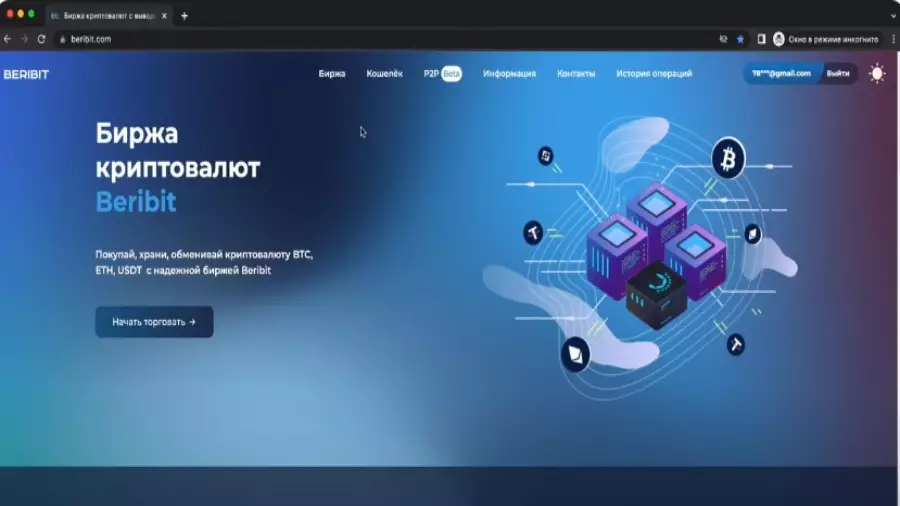Federal deputy Mendonça Filho (União-PE) managed to gather support from 171 parliamentarians for the Constitutional Amendment Proposal (PEC) that deals with international financing from the National Bank for Economic and Social Development (BNDES). Presented on the first day of the current legislature, the text is the third PEC that begins to be processed in the Chamber of Deputies this year.
The proposal establishes competence for the National Congress to authorize or deny international financing, aiming to avoid decisions guided by supposedly ideological motivations and without strong guarantees. The Executive Branch loses the prerogative to decide alone on this type of operation.
“With so much lack of basic infrastructure in Brazil in sanitation, highways and housing, we defend that proposals such as the financing of the gas pipeline in Argentina and engineering works in other countries have to pass through the scrutiny of the Chamber of Deputies and the Senate”, said Mendonça Son.
The deputy argues that the BNDES needs to invest in Brazil and assesses that the country cannot once again pay for alleged ideological choices, which resulted in losses and scandals in the recent past. “An operation of this size must be approved by Congress to reduce the risk of damage caused by default and guarantee a positive return for the country”, said Mendonça Filho.
Until September 2022, BNDES accumulated US$1.03 billion in arrears related to payments for works in other countries Mozambique, Cuba and Venezuela. The BNDES Export Financing program for Goods and Services was created in 1998 and paralyzed in 2017, after the revelation of corruption scandals involving works abroad and Brazilian companies during the PT governments.
During this period, more than US$ 10 billion were disbursed for projects in 15 countries. According to the deputy, the authorization of these international financing operations by Congress will inhibit irresponsibility in granting credit to countries with a high risk of default, such as Argentina.
The default applied to the BNDES by Venezuela, Cuba and Mozambique was covered by the Export Guarantee Fund (FGE). There was no damage to the bank. The FGE is funded by resources from the National Treasury, that is, it is ultimately funded by Brazilian taxpayers themselves. However, it operates with a surplus.
In January of this year, on a visit to Buenos Aires, President Luiz Inácio Lula da Silva declared his intention to resume financing projects abroad through the BNDES. On the occasion, Lula indicated his interest in financing the continuation of the work on the Néstor Kirchner gas pipeline, which generated controversial opinions because of the risk of the operation, since today Argentina cannot offer strong guarantees.
After processing has begun, the BNDES PEC is sent to the Constitution and Justice Commission (CCJ). Then, after eventual approval by the CCJ, a special commission will be created and then voted by the plenary of the Chamber of Deputies and the Federal Senate.
Source: CNN Brasil
I am an experienced journalist, writer, and editor with a passion for finance and business news. I have been working in the journalism field for over 6 years, covering a variety of topics from finance to technology. As an author at World Stock Market, I specialize in finance business-related topics.






